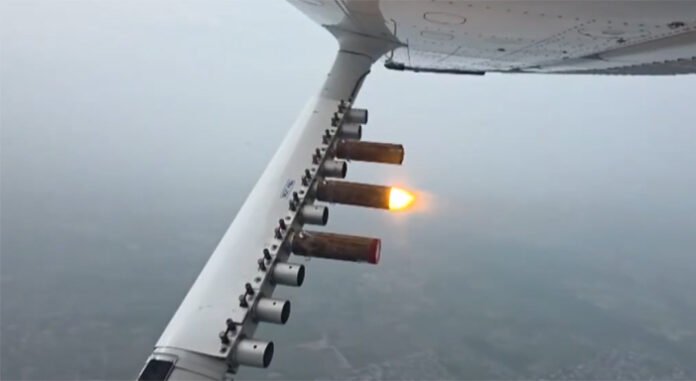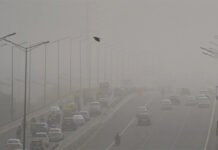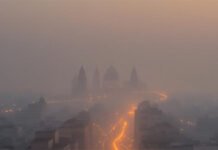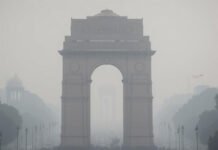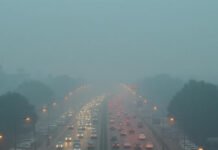Highlights
Delhi’s first artificial rain trial successful
AQI drops from 398 → 362
Next cloud-seeding round this weekend
Long-term pollution measures still crucial
New Delhi, Oct 29:
In a pioneering step against choking winter smog, the Delhi government on Wednesday confirmed that its first artificial rain operation succeeded in triggering light showers across parts of south and central Delhi, leading to a marginal dip in pollution levels.
The project, jointly undertaken by IIT-Kanpur scientists and the Delhi Pollution Control Committee (DPCC), used two aircraft fitted with silver iodide burners to seed existing clouds. The result: mild drizzle lasting 25 minutes, bringing AQI levels down from 398 to 362 — still ‘poor’, but an improvement.
Chief Minister Arvind Kejriwal called it “a breakthrough toward making Delhi’s air breathable again.” He added that two more sorties are planned between October 30 and November 2, depending on humidity and wind conditions.
“If these results hold, Delhi could become the first Indian city to use cloud-seeding as a pollution-mitigation tool,” said Dr S. N. Tripathi of IIT-Kanpur.
Challenges Ahead
Experts caution that cloud-seeding cannot work without adequate moisture. Environmentalist Sunita Narain remarked that structural changes — cleaner fuels, waste management, and curbing vehicle emissions — remain essential.
What Comes Next
Delhi’s AQI this week averaged 372, far above WHO limits. The Centre for Air Quality Monitoring plans to publish a comparative study after the next round of experiments.

